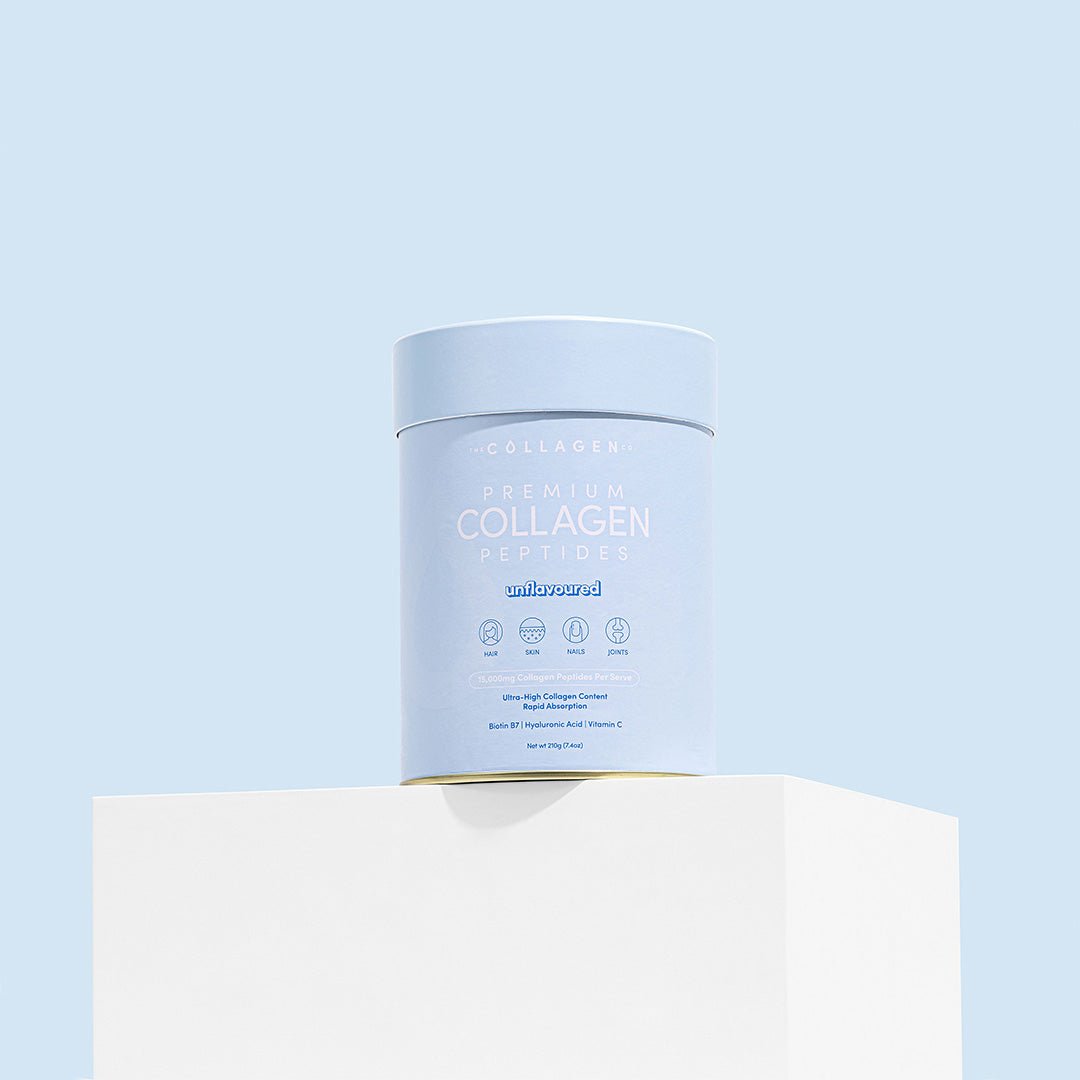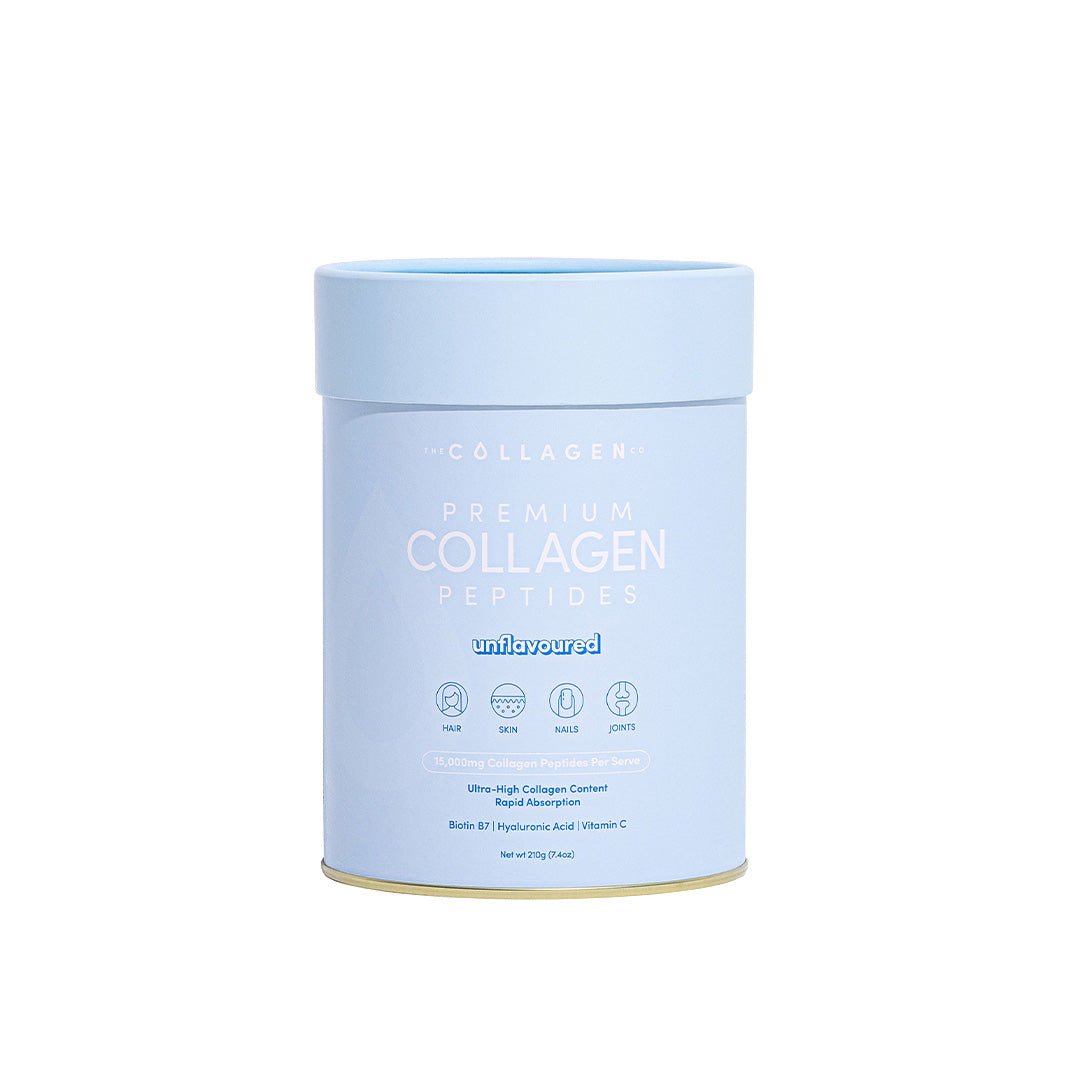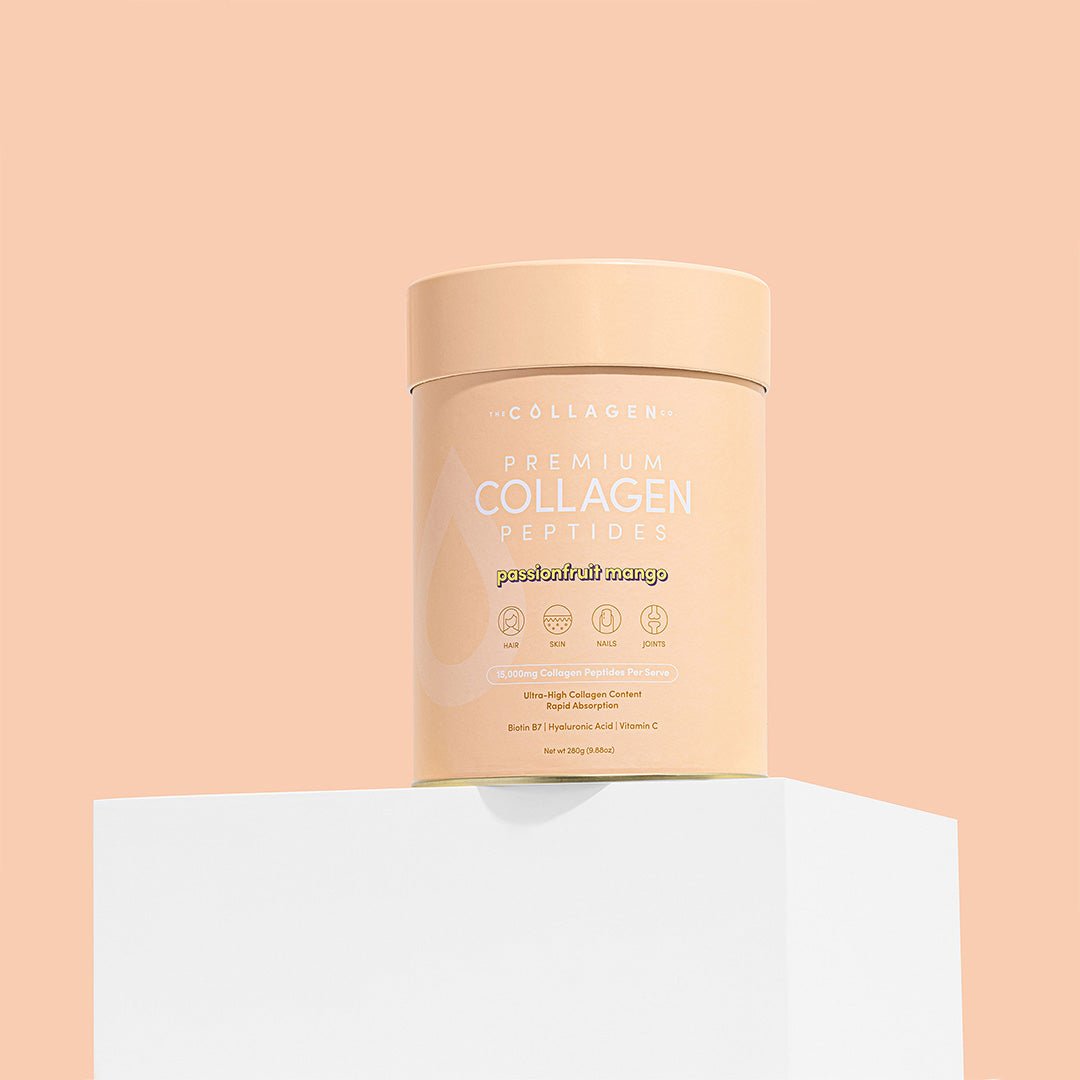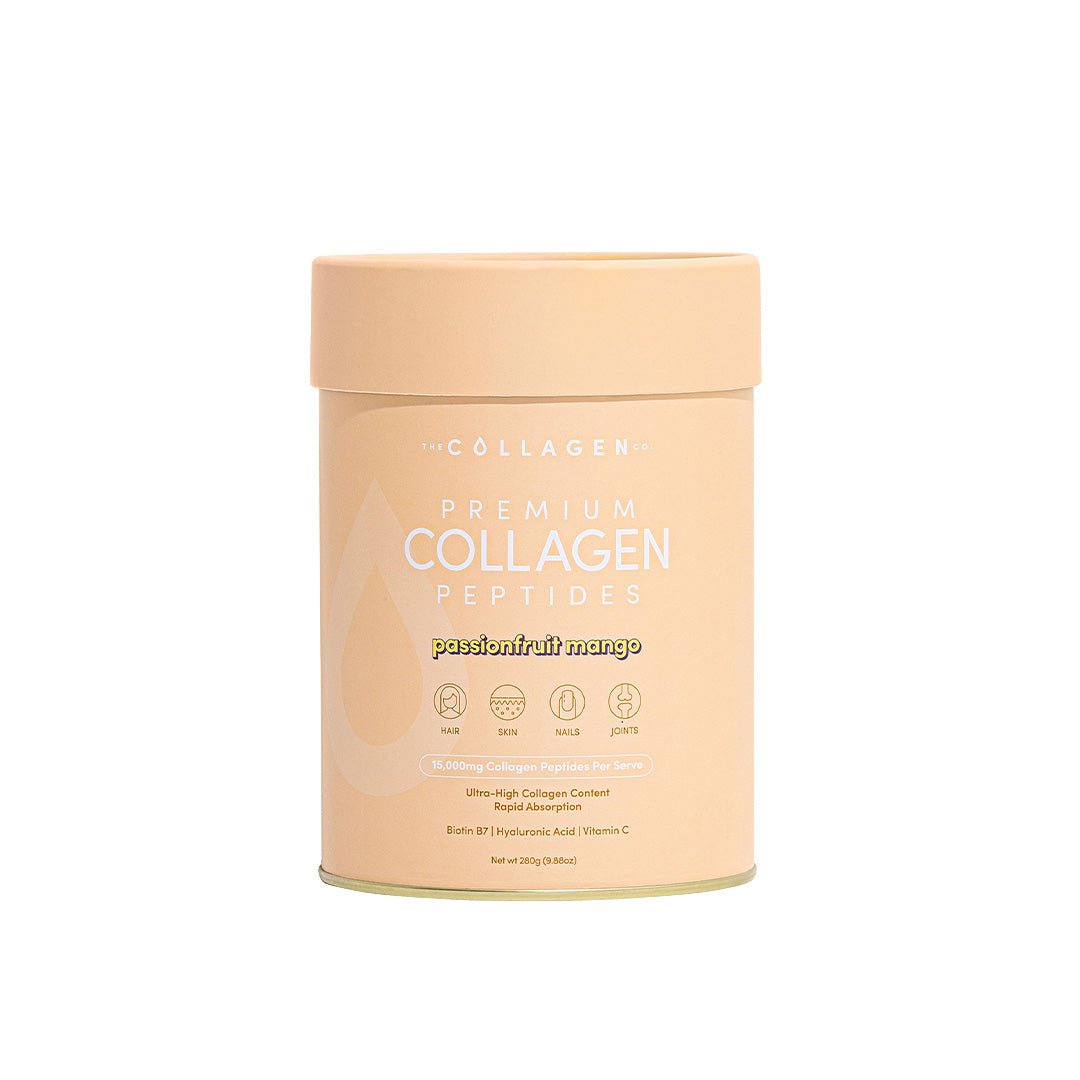Collagen’s Role in Post-Exercise Recovery: What Do Studies Show?
Posted 29th July 2024

Your workout class has ended.
As you watch the stream of sweaty, endorphin-recharged individuals streaming out of the studio, you quickly realize something: many have ditched the “traditional” post-workout BCAAs (branched-chain amino acids) and protein shakes for collagen supplementation instead.
Why? What’s the benefit of taking collagen after a workout? Does collagen help with muscle recovery? Here’s everything you need to know.
Collagen for workout recovery
Turns out, collagen supplementation does help with muscle recovery. Here’s proof.
|
Research |
About |
Results |
|
Researchers randomly assigned 24 participants to 2 groups:
… for 7 days before and 2 days after performing 150 drop jumps (i.e., total duration: 9 days). |
Compared to those in the placebo group, participants who supplemented with collagen peptides:
|
|
|
Researchers randomly assigned 15 participants to 2 groups:
… for 7 days. Participants then performed 5 sets of 20 drop jumps. |
It was found that jump height was relatively maintained in the collagen group at 24 hours post-exercise, whereas the placebo group saw a significant decrease in performance. I.e., collagen peptide supplementation reduced performance decline 24 hours following muscle damage. |
|
|
Researchers randomly assigned 30 participants to 2 groups:
… which they had to consume after completing a bout of high-load resistance. exercise |
The researchers found that participants who had supplemented with 15 grams of collagen peptides saw a higher upregulation of key anabolic pathways 4 hours post-workout compared to placebo. |
|
|
Researchers randomly assigned 20 participants to 2 groups:
… for 33 days. On the 29th day, participants performed a maximum of 5 sets of 40 bodyweight squats. |
The researchers found that those who had supplemented with collagen peptides daily experienced significantly:
It was concluded that “dietary collagen peptides alleviated muscle soreness and fatigue and affected muscle strength after exercise load”. |
How does collagen help with muscle recovery?
OK, but how does it work?
To understand that, you’ll first need to know that exercise often causes microscopic muscle tears. This is what causes delayed onset muscle soreness (DOMS), a phenomenon you’re likely familiar with (e.g., struggling to climb the stairs after a particularly brutal lower body workout).
Those microscopic tears cause inflammation, triggering a whole cascade of biological processes that result in the repair, remodeling, and maintenance of healthy muscle tissue (i.e., recovery).
Now, answer this question: what’s the building block of muscle tissue?
Yep. Protein. And what’s collagen? Mm-hmm, your body’s main structural protein. Beyond providing your body with the amino acids it needs to “patch up” those post-workout microscopic muscle tears, as a potent antioxidant, collagen peptides could also help keep inflammation in just the sweet spot that supports recovery instead of hindering it.
(An exceedingly high inflammatory response to muscle damage is known to limit recovery.)
Other benefits of taking collagen after a workout
Collagen peptide supplementation could also support healthy joints and tendons, especially since these structures have a higher collagen content than muscle:
|
Research |
About |
Results |
|
Researchers randomly assigned 250 participants with knee osteoarthritis to 2 groups:
… for 6 months. |
A greater percentage of participants who had supplemented with collagen peptides (75% vs 53%) experienced improvement in knee joint comfort than those in the placebo group. |
|
|
Researchers randomly assigned 147 participants from a varsity team or club sport to 2 groups:
… for 6 months. |
Compared to those in the placebo group, those taking collagen experienced a significant improvement in several joint-pain-related parameters, including during:
This suggests collagen’s potential to reduce joint pain in healthy, physically active adults. |
|
|
Researchers randomly assigned 50 participants to 2 groups:
… for 14 weeks. During this period, the participants engaged in a 3x weekly resistance training program specifically for the knee extensors. |
Compared to those in the placebo group, those who had supplemented with collagen peptides experienced a significant increase in patellar tendon:
This indicates enhanced tendon adaptation with collagen supplementation. |
Must you strictly take collagen after a workout?
Not at all! There is no research indicating that taking collagen after a workout is better for muscle recovery or joint and tendon health than before a workout.
Instead, the 3 things you should focus on would be:
Quantity: The studies in this article used a minimum of 5 grams daily for enhanced tendon adaptation and 10 grams daily for muscle recovery. So, make sure the collagen supplement you choose meets that. Quality: You want your collagen peptides to retain their bioactive nature, which means they need to be hydrolysed until they’re small enough — just 2-3 kDa in molecular size. Consistency: Find the best time for you and take them daily.
Do we have a specific collagen supplement in mind you could try? Of course.
Every product on The Collagen Co is formulated with at least 5 grams of hydrolysed, bioactive collagen peptides.
Better yet, they’re available in a smorgasbord of mouthwatering flavors; from Strawberry Watermelon to Violet Crumble, there’s bound to be one that’ll have you consistently reaching out for our collagen peptides before or after your workout (whatever best suits your schedule!)










































